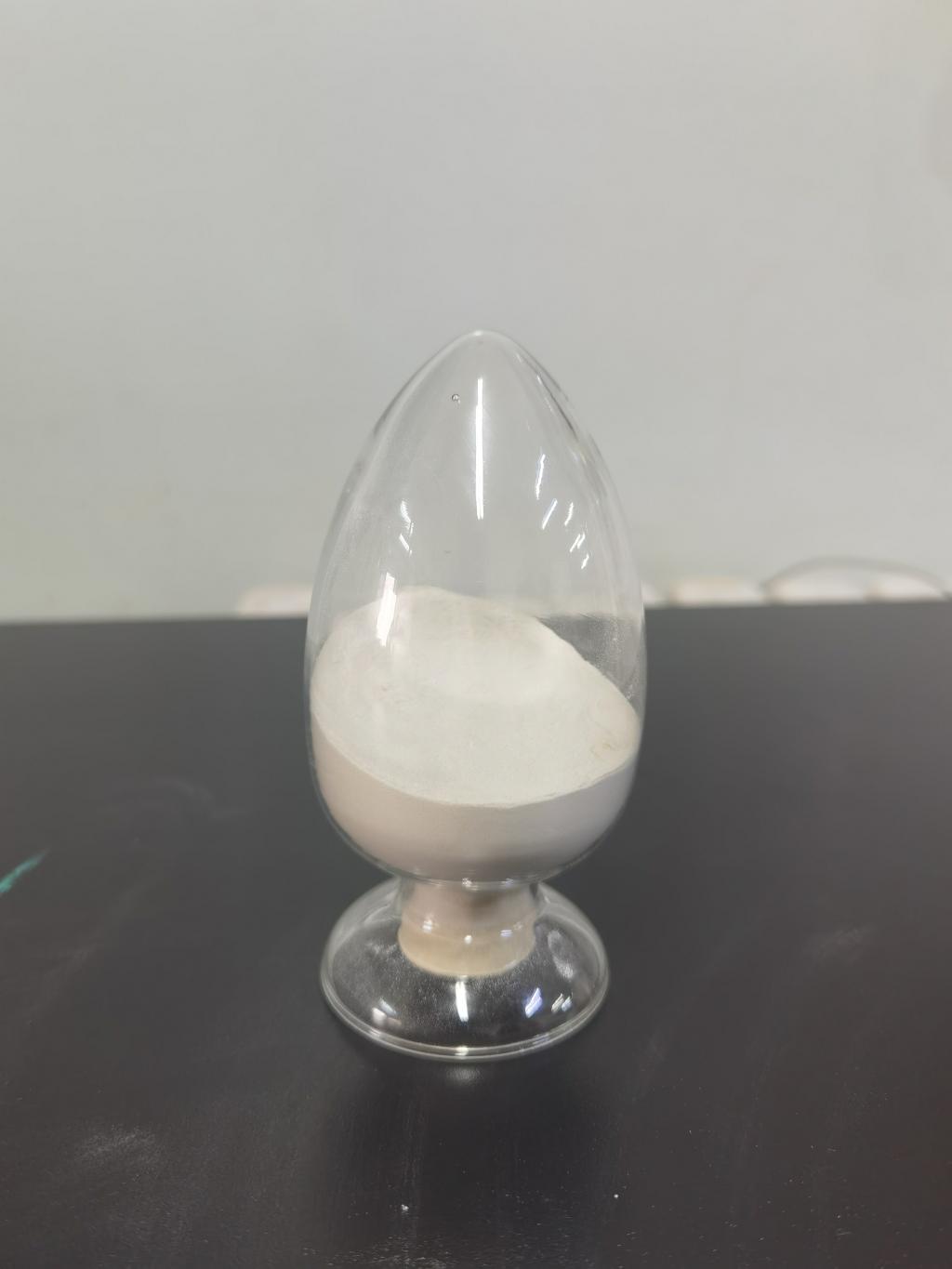Tel:+8618231198596

News
 CONTACT
CONTACT
 CONTACT
CONTACT
- Linkman:Linda Yao
- Tel: +8618231198596
- Email:linda.yao@dcpharma.cn
- Linkman:CHARLES.WANG
- Department:Overseas
- Tel: 0086 0311-85537378 0086 0311-85539701
News
Nisin’s role in controlling bacterial contamination in ready-to-drink beverages is under study.
TIME:2024-10-10
Introduction:
The global market for ready-to-drink beverages has seen substantial growth, driven by consumer demand for convenience, health, and flavor. However, these products are susceptible to bacterial contamination, which can lead to spoilage, reduced shelf life, and, in some cases, foodborne illness. Traditional preservation methods, such as pasteurization and the use of chemical preservatives, have limitations, including the potential for thermal degradation of nutrients and the development of resistance to chemical preservatives. Nisin, a naturally occurring antimicrobial, offers a promising alternative or complement to these traditional methods.
Nisin: Properties and Mechanism of Action:
Nisin is a 34-amino acid lantibiotic produced by certain strains of Lactococcus lactis during fermentation. It is effective against a broad spectrum of Gram-positive bacteria, including common spoilage organisms like Lactobacillus and Leuconostoc species, as well as pathogenic bacteria such as Listeria monocytogenes and Staphylococcus aureus. Nisin exerts its antimicrobial effects through two primary mechanisms:
Cell Membrane Disruption: Nisin binds to lipid II, a key component in the cell wall synthesis of bacteria, and forms pores in the cell membrane, leading to the leakage of intracellular contents and cell death.
Inhibition of Cell Wall Synthesis: By binding to lipid II, nisin also inhibits the synthesis of peptidoglycan, a critical component of the bacterial cell wall, further compromising the integrity of the cell.
Application in Ready-to-Drink Beverages:
The incorporation of nisin into RTD beverages presents several advantages and potential applications:
Enhanced Microbial Stability:
Nisin can be added to RTD beverages to control the growth of spoilage and pathogenic bacteria, thereby extending the shelf life and ensuring product safety. Studies have shown that nisin can effectively reduce the viable counts of bacteria in various types of beverages, including fruit juices and milk-based drinks.
Synergy with Other Preservatives:
Nisin can be used in combination with other natural preservatives, such as organic acids (e.g., citric acid, malic acid), essential oils, and other antimicrobial peptides. These combinations can exhibit synergistic effects, enhancing the overall antimicrobial activity and allowing for lower concentrations of each component.
Minimal Impact on Sensory Attributes:
When used at appropriate levels, nisin does not significantly alter the taste, color, or aroma of RTD beverages, making it a suitable preservative for maintaining the sensory quality of the product.
Thermal Processing Compatibility:
Nisin is heat-stable and can withstand the thermal processing conditions typically used in beverage production, such as pasteurization. This stability ensures that nisin remains effective throughout the processing and storage of the beverage.
Challenges and Considerations:
While nisin holds great promise for enhancing the microbial stability of RTD beverages, several challenges and considerations must be addressed:
Regulatory Approval:
The use of nisin in food and beverage products is subject to regulatory approval. In many countries, nisin is approved for use, but specific guidelines and maximum allowable concentrations may vary. Ensuring compliance with local regulations is crucial for commercial application.
Optimal Concentration and pH:
The effectiveness of nisin is influenced by factors such as concentration, pH, and the presence of other ingredients. Optimal conditions must be determined for each specific beverage to achieve the desired antimicrobial effect without compromising the product's quality.
Resistance Development:
Although rare, the potential for bacterial resistance to nisin exists. Monitoring and managing resistance development, possibly through the use of nisin in combination with other antimicrobial agents, is important to maintain long-term efficacy.
Cost and Scalability:
The cost of producing and incorporating nisin into RTD beverages must be economically viable. Advances in fermentation technology and large-scale production methods can help to reduce costs and make nisin a more accessible solution.
Conclusion:
Nisin represents a promising and natural approach to controlling bacterial contamination in ready-to-drink beverages. Its broad-spectrum antimicrobial activity, compatibility with existing processing methods, and minimal impact on sensory attributes make it an attractive option for the food and beverage industry. As research continues to advance our understanding of nisin's potential, it is likely to play an increasingly important role in ensuring the safety and quality of RTD beverages. Future work should focus on optimizing nisin formulations, addressing regulatory and economic considerations, and exploring its integration into a broader range of beverage products.
- Tel:+8618231198596
- Whatsapp:18231198596
- Chat With Skype







